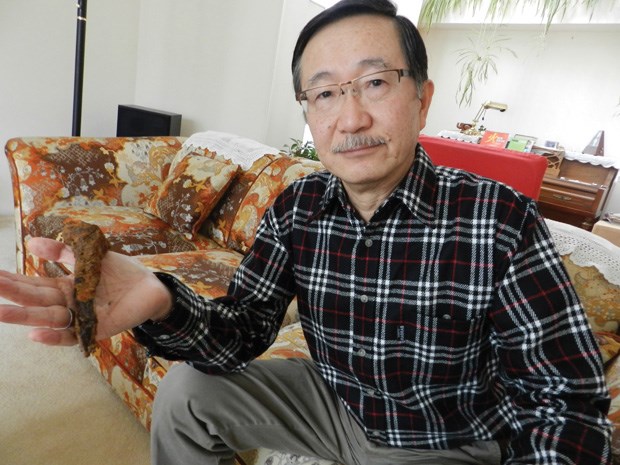Community activist Bill Chu, of the Canadians for Reconciliation Society, says all sides must come together in resolving race relation problems in Richmond and across the province.
"In Richmond there are still tensions between Chinese and non-Chinese, so it's up to us to make things better. Both attitudes are not healthy for being neighbours, never mind nation building," he said.
Richmond is currently embarking on a public consultation process to determine if non-English signs are a detriment to community harmony.
Last year, Chu was critical of the consultation process for the province's apology to the Chinese community for historical wrongs dating back to the 1800s.
"Reconciliation always involves two parties. My group was fairly critical of the province for not involving non-Chinese groups (in the Chinese apology process). There's a need to open up the conversation by looking through history," said Chu, who is a strong believer that British Columbia's Chinese history, especially in the formative years of the province, must be recognized by everyone.
That's why on Monday, at a news conference held in Richmond, he warned that the provincial government needs to do more to protect historic sites related to Chinese-Canadian history, including, perhaps, some in Richmond.
In one particular instance, Chu noted that a Chinese burial ground in Lillooet may be developed soon.
Chu's concerns come after Richmond Centre MLA and Minister of Multiculturalism Teresa Wat announced, in January, a public program to nominate 10 historic places of significance to the Chinese community to be registered with the Canadian Register of Historic Places.
"It's important in the context of what the province is trying to do. That's happening but at the same time this (Lillooet) is happening. So there's a clear disconnect," said Chu.
He said he hopes more meaningful, broader discussion on Chinese history can take place, which is especially important for Richmond, which has such a large Chinese population, new and old.
"What we are doing to our past, we don't want it to happen to us. If we don't respect old things now, how can we expect to protect what we have now?" questioned Chu.
Chu said the Chinese cemetery is important because it shows how Chinese people were segregated from society back in B.C.'s formative years. He said it's ironic that before the turn of the 20th century the province had a higher proportion of Chinese people than exists now.
"We contributed a fair bit to the infrastructure of B.C." he said.



